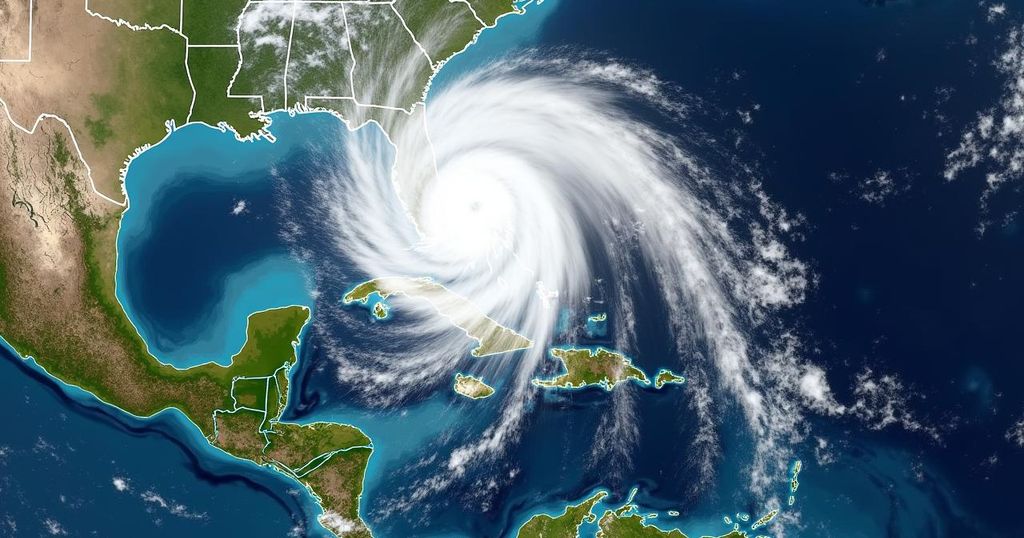The Atlantic hurricane season is currently active, with Tropical Storm Leslie monitored over open waters, posing no threat to land. Additionally, a tropical wave near Cabo Verde has potential for development but faces unfavorable conditions ahead. Safety and preparedness remain key as storms impact affected coastal areas.
As the Atlantic hurricane season progresses, the focus shifts to Tropical Storm Leslie, currently situated in the expansive open waters of the Atlantic Ocean, approximately 1,585 miles west-southwest of the Azores. The National Hurricane Center is monitoring this system, which has sustained winds of 50 mph and is moving north-northeast at 10 mph. Thankfully, Leslie poses no imminent threat to Florida or any land masses, as there are currently no coastal watches or warnings in effect. Forecasts indicate that Leslie will likely undergo gradual weakening, with expectations of transforming into a post-tropical cyclone within a day or two. Meanwhile, a tropical wave near the Cabo Verde Islands also warrants attention; despite its disorganized nature, it carries a medium chance of developing into a short-lived tropical storm as it moves across the region. However, by Saturday, less favorable environmental conditions are anticipated, which may hinder further development. The 2024 Atlantic hurricane season spans from June 1 to November 30, coinciding with the peak activity period from August to October. It is crucial for residents in affected areas to remain vigilant and informed about current weather events to ensure safety and preparedness. The names allocated for the storms during the upcoming hurricane season include notable ones such as Alberto, Beryl, Chris, and Milton. Importantly, while Hurricane Milton passed through Florida recently, resulting in tornadoes that caused significant damage in Palm Beach County, the area managed to avoid severe wind and rainfall. Future updates from weather authorities will provide ongoing assessments of Leslie, as well as any developments related to the Cabo Verde system.
The Atlantic hurricane season is a critical period for monitoring tropical systems, typically running from June 1 through November 30. Each year, different storms emerge, posing varying levels of threat to coastal regions. The National Hurricane Center plays a crucial role in tracking these systems, providing vital information regarding their development, path, and potential impacts on land. As climate patterns shift, the frequency and intensity of storms during this period have become increasingly significant for affected states, particularly those along the southeastern coast of the United States.
In conclusion, as the Atlantic hurricane season approaches its peak, the situation surrounding Tropical Storm Leslie and the tropical wave near the Cabo Verde Islands warrants close attention. Current assessments indicate that while Leslie is unlikely to pose an immediate threat, the developments of these systems must continue to be monitored, especially given the recent impact of Hurricane Milton in Florida. Staying informed through reliable weather updates is essential for safety during this unpredictable season.
Original Source: www.palmbeachpost.com






